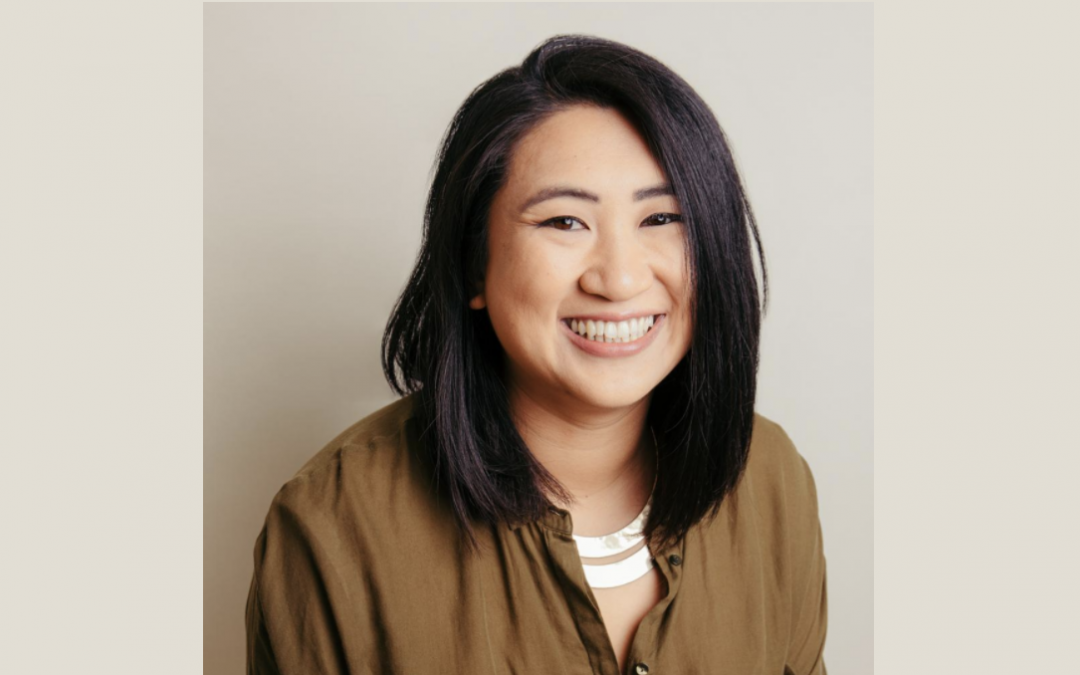Lou Chiu is an existentialist coach, trainer and consultant specialising in culture and relationships, working with teams and individuals.
Representation from minority groups is the ideal, to be effective allies we must be advocates for these communities and amplify their experiences.
Workplaces must enable people to share their experiences in a way that makes everyone feel welcome and safe, both physically and psychologically. Actions such as removing the antagonist from the situation and informing them that their behaviour is unacceptable, or alternatively distracting the individual who’s been targeted and trying to make them feel safe.
We must become comfortable with giving and receiving feedback in order to learn, as well as acknowledging our own privileges and questioning which spaces you occupy where you can enable representation to happen.
Lou spoke about disclosures, and one of the reasons why someone might confide in you is because they feel safe to discuss issues such as institutional gaslighting. As a consequence, the person might doubt themselves and imagine that they are overreacting. If an institution’s processes and people are reinforcing this, then it counts as institutional level gaslighting.
Q&A
What if I ally wrong? What if I mess up? How can we build resilience?
Whatever your usual self-care routine is, make sure that you can nurture different aspects of you and take care of yourself. What are the relationships that you have that make you feel better? You might experience an emotional load that you are forced to take on. Acknowledge that the communities that you’re helping will have experienced this too and process this. Make sure that you are informed about what is going on in the world right now.
What are your tips for being an ally in a majority white institution?
Allyship is relevant for majority communities for those who want to support more marginalised communities. Make allyship relevant and personal even if you have very low numbers of people from minorities at your institution, the work that you do now will be an investment in the future stakeholders, students, staff and colleagues. Your thinking should be with this in mind.
How should one deal with white fragility?
This is a contributor to battle fatigue that communities and allies can experience. You should take a deep breath and swallow your immediate gut reaction- ask where this is coming from, and ask what about this subject is threatening the other person. Create the space to open this conversation and coach the other person through their thought processes. Big emotions come from this subject and as allies, we are trying to open up the dialogue, celebrating diversity so that people can all feel safe. This will mean that we all get the most out of each other.
How should one address problems with recruiting non-white staff as the area is so monocultural white?
From a practical point of view, where are you recruiting from? How are people accessing your adverts? How are you viewed as an employer? Where organisations are working remotely, geography no longer has to be an issue.
How do you distinguish between a racially motivated aggression and a personality clash between two colleagues?
This requires some thought and questions: How long has this relationship been going on for? Has anything changed? Has the relationship always been problematic? Is this only about these two individuals or has this behaviour been replicated more widely?
You need to create the space for either party to comment on the weight of their experiences.
What are the key actions to take away from this session?
- Allyship is a journey- not a destination.
- Allyship is a verb, not a noun. We won’t always get it right. We have to keep doing it. Being too scared to do anything has not worked. Minority communities are still facing structural oppressions and individual acts of both non-violence and violence.
- Build up resilience and take care of yourselves. It won’t be easy- as allies, you’re putting yourself in a place of discomfort. Therefore, look after yourself as much as you’re trying to look after others.
- In order to be an effective ally, you must allow plenty of time in order to challenge someone’s world views.
Please find Lou’s slide deck here.
By Ben Joseph

